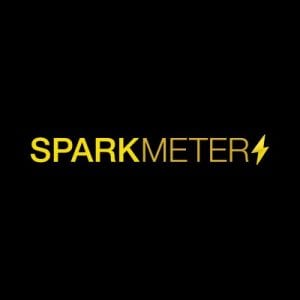
Agriculture
November 9, 2023

Updated on November 9, 2023
·Created on June 13, 2017
ABALOBI is a co-designed & fisher-driven mobile app suite to transform small-scale fisheries governance ‘from hook to cook’.
Abalobi includes apps specific to the role of fisher, monitor, manager, co-operative and market in the small-scale fisheries sector. Abolobi is currently in a prototype stage.
ABALOBI is a registered non-profit organisation (191-303 NPO)
Target Users (Target Impact Group)
Distributors / Implementing Organizations
University of Cape Town, South African National Department of Agriculture, Forestry and Fisheries
Manufacturing/Building Method
The entire codebase is published on GitHub
Intellectural Property Type
Open Source
User Provision Model
A pilot process is currently active in six sites in South Africa, with large-scale roll out scheduled for late 2016.
Distributions to Date Status
This is limited during the pilot phase Android installs during pilot phase = 100-500
Design Specifications
Through the development of an integrated small-scale fisheries information-management system and mobile app suite, the ABALOBI initiative aims to enable small-scale fishers to drive and be integrated into information and resource networks – from fishery monitoring and maritime safety to local development and market opportunities. --Catch log & analytics - Fishers record various oceanic, atmospheric and fisheries parameters as part of their daily logbook, and utilize dashboards to visualize their data --Data share & export - Fishers own their data but can share with various fisheries stakeholders --Personal accountant - Overview of income & expenditure within dashboards --Safety-at-sea system - Navigational, weather prediction and SOS functionalities using mobile phone and VMS integration --Info hub - Latest fishing regulations, notices and management meeting outcomes --Catch reporting - Rendering community catch monitoring more effective using tablet-based technology --Analytics - Dashboards of data collected, per fisher and landing site --Fisheries analytics - Dashboards of community catch monitoring data for government managers and fisher data for local co-management committee members, as selectively shared by fishers --Co-op accounting & auditing - Collective accounting package for payment of members, and fleet income and expenditure calculations. --Traceability of sales - Traceable slowfish. By linking with fisher data from ABALOBI FISHER, sales of catches can be linked to origin --Member management - Skipper, crew member, fleet and processing establishment licensing and auditing are kept up to date, with renewal alerts --Integration with FinTech & InsureTech - Integration with online banking and invoicing platforms. Possibility for co-operatives to leverage collective insurance schemes --Virtual market live mapping - Live catch-of-the-day posted by fishers and co-operatives. Real-time spatial and catch data --Market prices & trends - Transparent product pricing and trends, based on posts and sales, available to fishers and retailers
Technical Support
Provided by Abalobi team at no cost during pilot phase
Replacement Components
Not Applicable
Lifecycle
Not Applicable
Manufacturer Specified Performance Parameters
To better manage fishery stocks, empower SSF (Small-scale fishers), and increase climate change resiliency
Vetted Performance Status
As a part of the pilot program - Monitors 240 entries; Fishers more than 1000 entries - All the lobster catch for 3 sites: 16 tons - More than 7000 yellowtail by monitors, 8 ton caught by local fishers - More than 40 different species - White mussel not recorded by monitors - 10 000 Snoek in last month in Nothern Cape - 8 ton of mullet from trek-net
Safety
Not applicable
Complementary Technical Systems
Academic Research and References
Petrik, Marko, and Dr Serge Raemakers. “The case for supporting small-scale fisheries governance through ICT.” (2018).
Aura, C.M., Nyamweya, C.S., et l, 2019. Using fish landing sites and markets information towards the quantification of the blue economy to enhance fisheries management. Fisheries Management and Ecology, 26(2), pp.141-152.
Compliance with regulations
Other Information

Agriculture
November 9, 2023
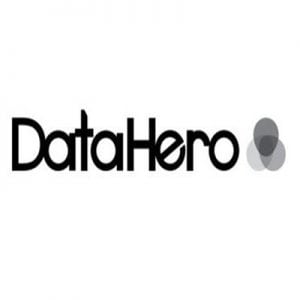
Agriculture
November 10, 2023
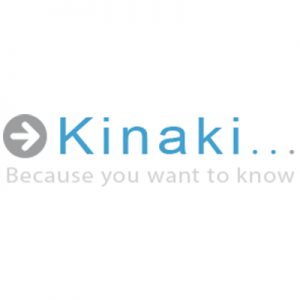
Agriculture
November 9, 2023

Agriculture
November 9, 2023
Implemented by
Butterfly iQ
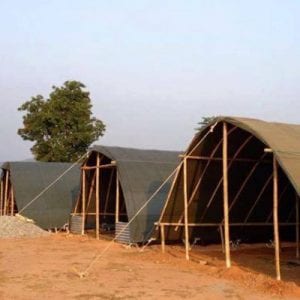
Agriculture
November 9, 2023
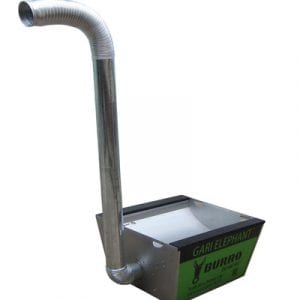
Agriculture
November 9, 2023
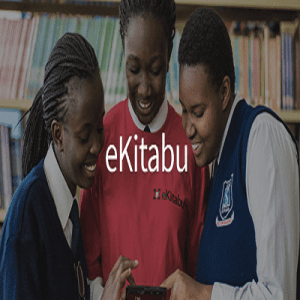
Agriculture
November 9, 2023

Agriculture
November 9, 2023
Implemented by
Ecofiltro
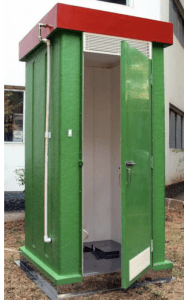
Agriculture
November 9, 2023

Agriculture
November 9, 2023
Have thoughts on how we can improve?
Give Us Feedback